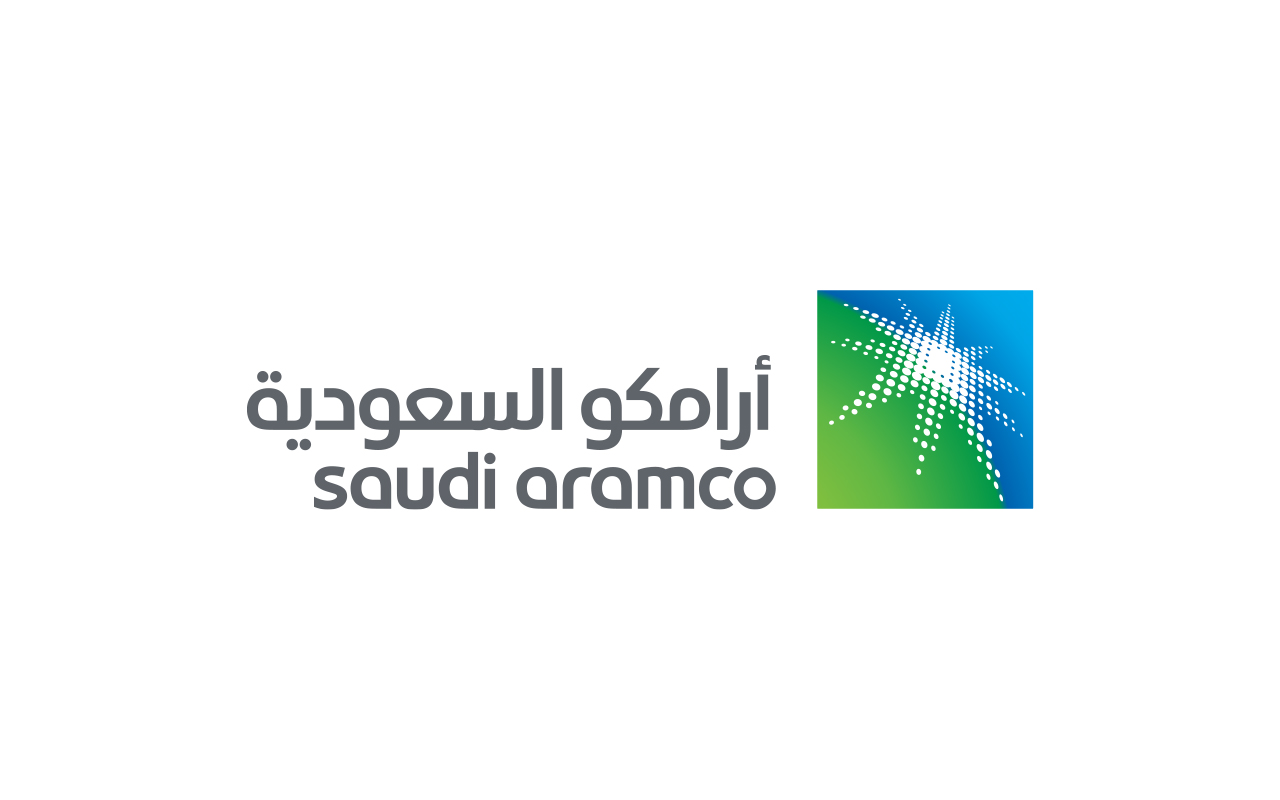Non-Metallic Materials in the Kingdom
Non-Metallic Materials are materials that that can inhibit metal corrosion and are distinguished by their lightweight, durability, and cost-effectiveness. They exist in gas, liquid, or solid state. These materials encompass both natural sources like wood, sand, clay, gases, and elements such as carbon, as well as synthetic compounds like polymers derived from oil and gas.
Use of non-metallic materials in the Kingdom
The integration of metallurgy with polymer science, physical and inorganic chemistry, as well as glass and ceramic technology, along with solid-state physics and other disciplines, has propelled materials science to become one of the most expansive fields of study. This convergence has greatly influenced the design of new materials essential for modern technologies and industries, as well as the adaptation of existing materials' compositions to meet new demands. Consequently, it has fostered the preference for non-metallic materials over traditional metallic ones.
In the Kingdom, Saudi Aramco took the initiative to expand into non-metallic materials. The use of such materials was not novel for the company, as it had already incorporated non-metallic pipes in the majority of its oil and gas facilities. Additionally, these non-metallic pipes have become the standard choice for utility sector applications within its plants.
Saudi Aramco's adoption of reinforced thermoplastic pipes (RTP) on a large scale for the first time, during its efforts to expand production within the vast Khurais project, signified a significant advancement in its utilization of these materials. The company installed four hundred km of non-metallic pipelines, replacing conventional carbon steel pipelines, following thorough laboratory and field testing to ensure compliance with Saudi Aramco's stringent standards.
Studies have confirmed that the life cycle costs of RTP are up to one-third of the costs of carbon steel pipes, primarily due to the absence of corrosion monitoring expenses. Additionally, the installation time for RTP in Khurais revealed a significant contrast, taking less than two days to construct, whereas laying carbon steel pipes typically required a standard seventy days. Tests have also demonstrated the safety advantages of reinforced thermoplastic pipes, including their lighter weight, which facilitates transportation and installation, and the elimination of tasks such as welding.
The ambition of Saudi Aramco to innovate in crude oil by converting it directly into high-value petrochemicals, in a process that eliminates the refining phase, is part of its strategy to embrace non-metallic materials. This is because the technology of converting crude oil into chemicals (C2C) can increase the company's level of efficiency in producing chemicals needed by companies to manufacture other materials
Non-metallic solutions
The strategic focus on non-metallic-based solutions has led to an expansion of the operating range. These advanced materials offer advantages, such as lower life cycle costs, greater flexibility, and durability, benefiting sectors including, for example, packaging, automotive, building, construction, and others. Additionally, carbon fiber has achieved significant success in many industries. Not only has it replaced steel in the automotive industry, but its high strength-to-weight ratio makes it an ideal choice for applications such as wind turbine blades and composite pipes used in offshore oil wells.
Non-metallic-based solutions, such as the utilization of advanced plastics, can significantly contribute to mitigating the corrosion issues prevalent in industries worldwide. The global cost of corrosion alone is estimated at USD2.5 trillion, impacting businesses, governments, and society.
Scientific centers for non-metallic materials
In response to the challenges related to corrosion and its losses in the oil and gas sector, the Non-Metallic Innovation Center (NIC) was established. It was inaugurated by TWI Limited, Saudi Aramco Technologies (AramcoTech), and Abu Dhabi National Oil Company (ADNOC) on Monday, September 9, 2019. This research center focuses on innovating non-metallic materials and developing their utilization in industrial applications
The center is located within the (TWI) headquarters in Cambridge, England, and works on developing new technologies for non-metallic pipelines. It also plays an important role in developing solutions for using non-metallic materials in various industrial sectors.
In 2021, Saudi Aramco also launched the Center of Excellence for Nonmetallic Building Materials in the building and construction sector (NEx) at the American Concrete Institute (ACI), based in Michigan, USA. This Center of Excellence for Nonmetallic Building Materials aims to develop and enhance their use in the building and construction sector.
Expanding the production of non-metallic materials
Due to the properties that distinguish non-metallic materials, their use is increasing day after day as an alternative to metallic materials in most fields, from household appliances to crude oil and gas pipelines. The most prominent of these fields are: the pipe industry, electronic devices, aircraft, cars, solar cells and panels, and batteries.
Non-metallic materials manufacturers occupy a dedicated section of King Salman Energy Park 'SPARK', which gives them access to the necessary raw materials and provides high demand across the non-metallic products market throughout the Middle East and North Africa (MENA) region.
In April 2019, the American National Oilwell Varco (NOV) announced the launch of its first industrial facility in the Kingdom, dedicated to the manufacture of non-metallic pipes. Varco is one of the providers of technology, equipment, and services to the international crude oil and gas sector, in the fields of drilling, completion, and production.
Localization of non-metallic materials production
Developments in the production of non-metallic materials have accelerated, as in December 2020, Saudi Aramco and Baker Hughes announced the establishment of Novel Non-Metallic Solutions Manufacturing within the framework of an equally joint venture to develop and market a wide range of non-metallic products for use in many energy sector applications.
This launch is an implementation of a memorandum of understanding signed by the two companies in July 2019 to establish a joint project in the field of non-metallic materials. Work is currently in progress to develop Novel's new facility in King Salman Energy City 'Spark'.
This cooperation supports the Kingdom’s efforts to expand the scope of its commercial system, encourage local investment, and provide job opportunities through the new facility that is considered a new and innovative business in an emerging and promising sector, in line with Vision 2030.
